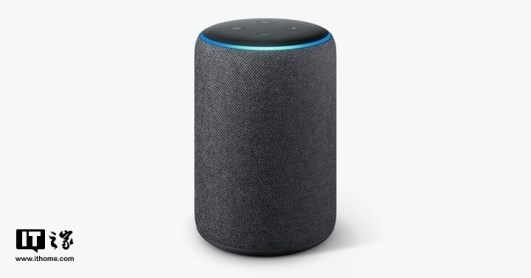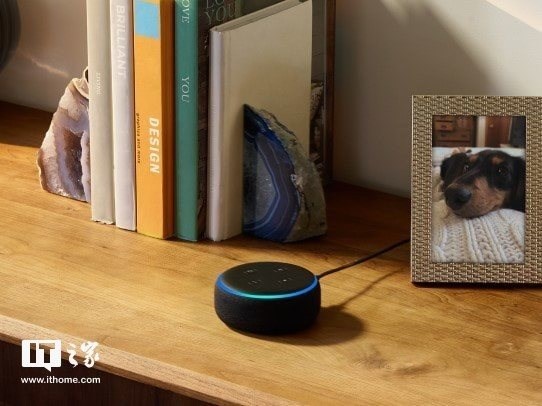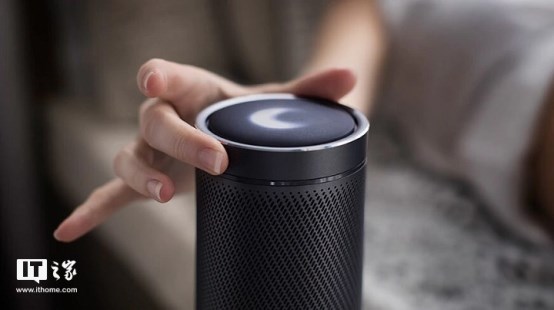There is no doubt that, in the future, we will more depend on various smart devices. That’s why manufacturers are constantly introducing various smart devices in accordance with the rules of the smart home. Those devices can not only work as a separate product but also form a smart ecosystem when integrating with other products, Smart Ecosystem. Apart from the ‘common’ smart devices such as smartphones, tablets, and others, we are seeing various products that shouldn’t be ‘smart’. Among them, we can mention the power switches, light bulbs, smart air conditioners, etc. However, we can’t deny these smart devices have already penetrated into our lives.
But with so many smart devices, there is always a need to have a device to manipulate them. Just as the military needs a commander, it seems that smart speakers are a good choice for this role. But it still causes too many doubts whether the smart speakers are the devices that should control the smart ecosystem formed by various products. Let’s figure it out.
First: who are the leaders?
As the most interactive product among smart devices, smart speakers have developed rapidly in recent years, and global shipments are also rising. According to the Smart Speaker Market Report released by the American research company Strategy Analytics for the third quarter of 2018, global smart speaker shipments reached 22.7 million units, a year-on-year increase of 197%, a record high.
In the single quarter of nearly 23 million shipments, Amazon’s and Google’s smart speakers were considered the world’s top two, with a market share of 31.6% and 22.7%, respectively, that is, Amazon and Google occupy half of the global smart speaker market, becoming de facto rulers. In many regions, the smart home products are optimized and integrated around Amazon and Google’s smart speakers.
For the Chinese market, for special reasons, Google and Amazon’s smart speakers don’t have much power and influence. But the Chinese brands still have to make smart speakers that can struggle against the two in the world.
The same source/report also shows interesting data concerning the Chinese smart speakers market. Unlike Google and Amazon, the domestic smart speakers have almost equal market share. For example, Ali smart speakers global shipments reach 2.2 million units, and the market share is 9.5%, ranked third; Baidu smart speakers global shipments are 1.9 million units, and the market share is 8.4%, ranked fourth; Xiaomi smart speakers global shipments are 1.9 million units, with a market share of 8.4%, ranked fifth.
It can be said that these three are the leading brands of domestic smart speakers. There is no absolute ruler between them. Anyone can become the leader of the next smart speakers market. The consequence of the lack of absolute rulers is that the smart device manufacturers need to consider all kinds of voice assistants at the same time, which invisibly increases the cost of R&D.
Second: The unified market does not meet the interests of business
In addition to the three large smart speaker manufacturers such as Xiaomi, Baidu and Ali, there are more technology industry leaders who want to take a slice of this fast-growing market. Nowadays, the maturity of ODM makes the production of smart speakers no longer a difficult task. Therefore, these technology manufacturers can launch their own smart speakers without investing a lot of research and development costs. Only the properly optimized software can solve the problem. Even using a third-party solution for voice assistants is a good idea. So what we saw was that a large number of smart speakers with the same appearance have appeared on the market.
These smart speakers are not the focus of other technology manufacturers, but they are used as icing on the cake. In addition, the huge domestic smart equipment market is more than enough to host these players. Therefore, the domestic market has created an ecological environment different from that of foreign markets, that is, the market share of big brands has been diluted, and there has not been an absolutely leading smart speaker brand. As a result, the fragmentation of the smart speaker market has become more and more serious, and this fragmentation market is obviously unfavorable for the intelligent speaker to unify the entire smart home.
Third: If they want to make a smart speakers unified market, they need a big shuffle
Compared with other smart devices, smart speakers can directly contact the user through the voice system. At the same time, as a control relay station between the user and other smart devices, the smart speaker can give very convenient control through the voice assistant. It can be said that in terms of interactivity, the smart speaker is comparable to the traditional smartphone. In addition, the voice assistant used by the smart speaker close to the real language can also reduce the gap between the machine and the person. It is obvious that the smart speaker can indeed become the most potential device to control the smart home.
However, one thing that is needed to make smart speakers the future of smart homes is how to deal with the fragmentation of smart speakers. Obviously, the mixed smart speaker market ultimately requires one or several powerful rulers to unify the market. In this way, the overall cost of access to smart devices can be reduced, and the smart speaker market will eventually be the same as other devices. In time, after rapid growth, the market will be phased out.
Those manufacturers who launch smart speakers without focusing on this market (because they don’t offer smart home appliances) will be automatically eliminated by the market because they do not have independent research and development capabilities. In the end, the products of several manufacturers will occupy the absolute mainstream positions and form the smart ecosystem together. Another scenario is that there will be only one winner, which will have a monopoly. The future of smart homes may belong to smart speakers, but it must be a smart speaker after several rounds of a reshuffle.
This article originally comes from IThome











